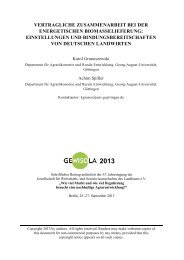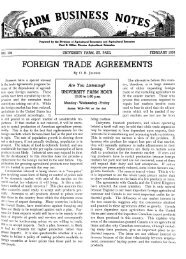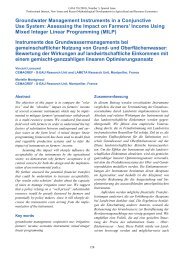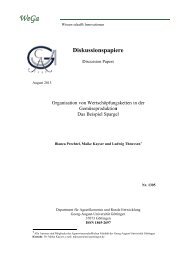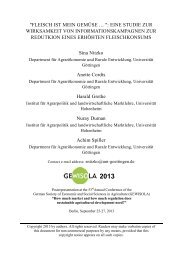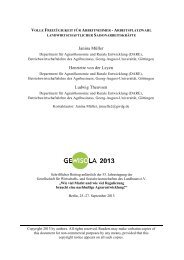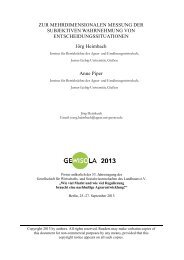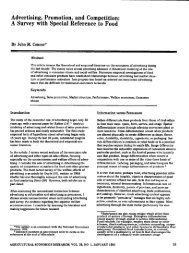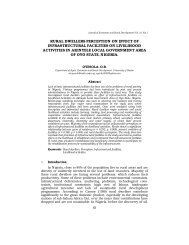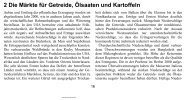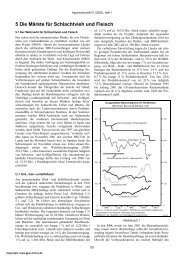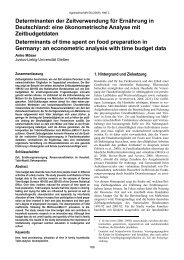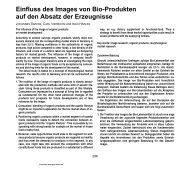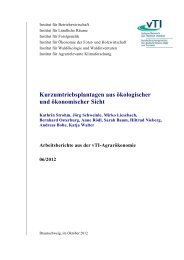District Institutes of Education and Training - Teacher Education
District Institutes of Education and Training - Teacher Education
District Institutes of Education and Training - Teacher Education
You also want an ePaper? Increase the reach of your titles
YUMPU automatically turns print PDFs into web optimized ePapers that Google loves.
<strong>District</strong> <strong>Institutes</strong> <strong>of</strong> <strong>Education</strong> <strong>and</strong> <strong>Training</strong>: A Comparative Study in Three Indian States<br />
7.4.2 Transmission loss in the cascade<br />
This project was generated by Indore DIET. Almost all DIET training follows a<br />
cascade model to some extent, typically along the lines <strong>of</strong> the pattern shown in Fig.<br />
7.2 for Madhya Pradesh, <strong>and</strong> transmission loss within the cascade was a concern<br />
across DIETs.<br />
Figure 7.2: A cascade training model, Madhya Pradesh<br />
Personnel<br />
<strong>District</strong> Resource<br />
Group<br />
Briefing<br />
Master Trainers<br />
Expansion<br />
<strong>Teacher</strong>s training<br />
Detailed<br />
Place <strong>and</strong> people<br />
5 days at Bhopal<br />
Given by SCERT, RIE <strong>and</strong> College <strong>of</strong><br />
<strong>Education</strong><br />
(DIET + RPs 12 people)<br />
5 days in I<br />
Given by those who went to Bhopal to the<br />
80 Master trainers in I <strong>District</strong><br />
12 days: 5 (content-based) + 7 maths <strong>and</strong><br />
EVS<br />
Given by MTs at block level in 7 places in I<br />
district to about 800 teachers<br />
Mode <strong>and</strong> materials<br />
Materials – same<br />
module throughout.<br />
<strong>Training</strong> focuses on<br />
content, activities,<br />
demo lesson.<br />
Classroom activities<br />
for each unit, how to<br />
evaluate teaching, how<br />
to make it effective<br />
<strong>and</strong> interesting<br />
In the discussion <strong>of</strong> this topic, the DIET felt that they would enrich the training<br />
they gained from the State, <strong>and</strong> so there was no question <strong>of</strong> transmission loss<br />
at that point – rather, they talked <strong>of</strong> transmission gain at the DIET level.<br />
They strongly felt that transmission loss occurred at the point <strong>of</strong> the cascade<br />
where they trained Master Trainers:<br />
Transmission loss starts at the MT level, teachers are not expert in training.<br />
Their major role is not training so this loss takes place there. MTs<br />
are not mentally prepared to teach teachers. Administrative slackness is<br />
another cause. In the message some percentage is lost. For example,<br />
for Child-Centred Approach they don’t convey exactly what the concept<br />
is. They then define it according to themselves. Our assessment is that<br />
most <strong>of</strong> the MTs failed to grasp so in the field they do it according to<br />
their own ideas. Some continue to do evaluation traditionally, some<br />
just ticked, these children have achieved this much (MP/IND/Ch<br />
April 99).<br />
However the DIET wanted to try <strong>and</strong> find out more about what could be<br />
going wrong at each level. It was decided that at each level, when receiving<br />
<strong>and</strong> giving training, the trainer would keep a diary <strong>of</strong> reflections on the<br />
training programme, including areas where doubts <strong>and</strong> concerns remained, <strong>and</strong><br />
try to see how these gaps might impact on training the next level. The diary<br />
writing was structured by prompts on a sheet stuck into the diary:<br />
144 DFID



